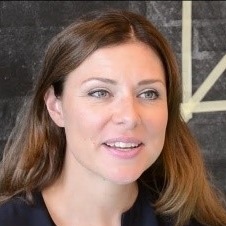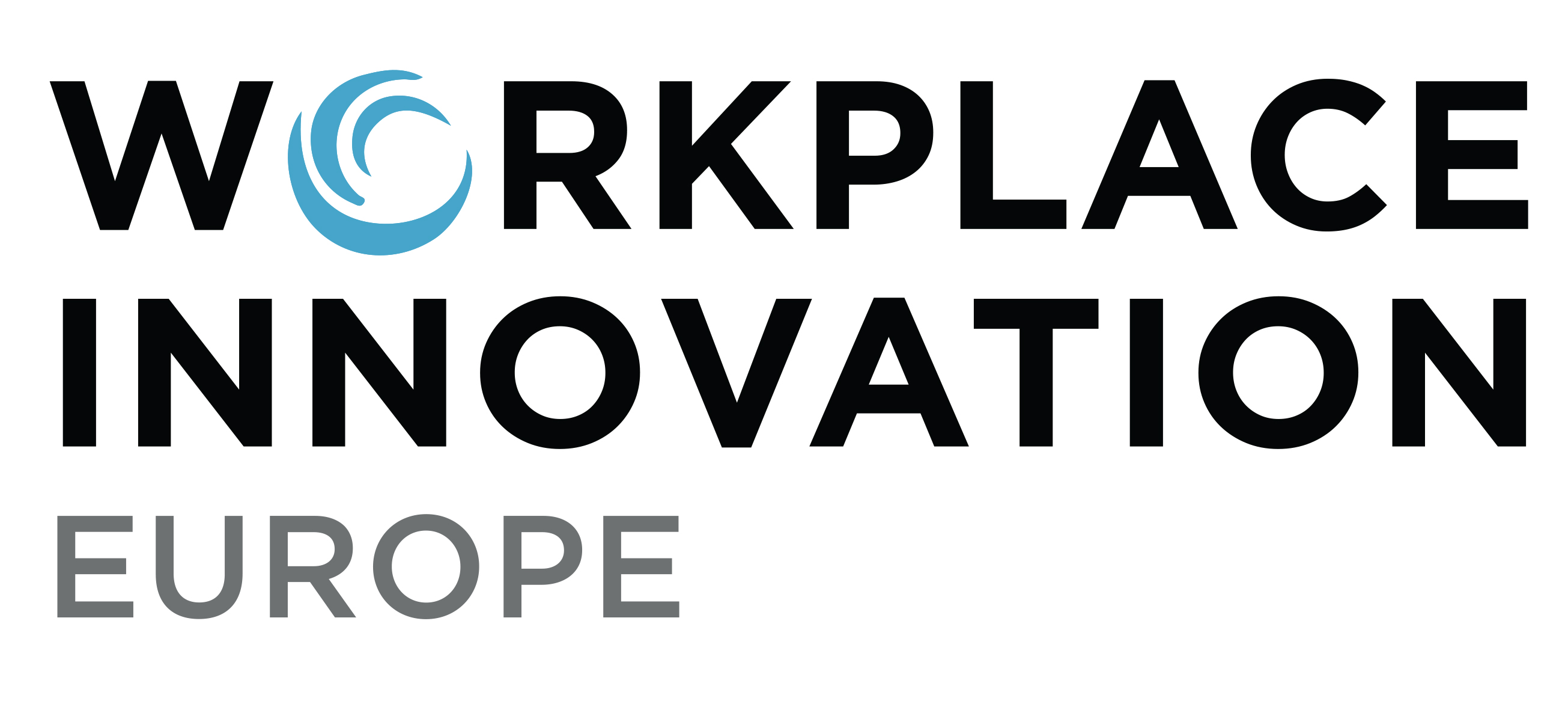Valuing young people in the workplace – an inspiring webinar

Neil Devons
Workplace Innovation Europe CLG
Earlier this month, I was very fortunate to drop into a Scottish Enterprise webinar hosted by Workplace Innovation Europe CLG which focussed on a conversation between business leaders and young people, examining their aspirations and ambitions in the world of work.
I was already aware of the mountain of research and survey evidence about ‘Generation Z’ and younger millennials, and how their behaviours and aspirations differ from their predecessors. Younger people are characterised as digitally-literate multi-taskers who are comfortable with diversity – attributes sought after by employers – but also more susceptible to stress and mental illness.
What I didn’t expect was the inspirational attitudes of all the speakers which included a panel of young people who have started their careers just at a time when the pandemic made as difficult as it could for them. Each of the young speakers at the webinar had gone in different, sometimes unexpected, directions but they all clearly embraced changed and adapted to circumstances. Each of the business leaders speaking equally understood the value of investing in young people from Day One of their employment and ensuring they are part of the team that will evolve and cope with the inevitable challenges and changes all organisations will face. They were looking for the same things.
Young people are looking for ethical and transparent leadership, trust, open decision-making, job autonomy, interaction and collaboration, and personal well-being as well as challenges and continuous development. They want opportunities to do different things within their organisation and not be ‘siloed’ for the rest of their career. Money was not a decisive factor but reward is anticipated in line with success.
There are, however, factors that get in the way. There is a dislike of being pointed in a single direction by schools and the assumption that university is the only indicator of success. There is a perception that the pandemic has created pressures on businesses that has led them to recruit less and to rely on the already experienced. There is a genuine worry about finding work, competing against more experience older people and understanding just what opportunities are open to them. Part-time employment feels less secure and having to accept lower quality jobs seems to hamper development.
So what can employers do? They must:
- share responsibility for establishing real opportunities;
- be non-judgemental;
- not assume a young person’s level of potential or ability to learn, develop and contribute;
not over-focus on qualifications – do qualifications reflect aptitude?
- look deeper into the range of skills a young person may have acquired outside of formal education – e.g. scouts, sports clubs, voluntary work, Saturday jobs;
- prioritise health and well-being;
- focus more on much underrated soft skills;
- look for latent skills – skills that are there but you cannot see;
- recognise agile and adaptive skills and use them.
One size does not fit all because people have different ways of learning and communicating. Everyone needs the opportunity for reflection to generate new ideas and new ways of achieving desired outcomes. Employers must see beyond the realms of current reality and accept that new ideas can come from grass roots although one of the biggest challenges is how to handle multi-generational collaboration. A top down approach (or worse – ‘this is how we’ve always done it) will simply not be fit for purpose. Young people seek purpose and challenge and want to make a difference with meaningful contributions.
Michael Stephenson advised developing a culture of learning and expectation. Find out what young employees are good at, support them in different ways and let them choose what is best for them. Don’t put them on a silo and leave them in in for the rest of their career. This will entail more coaching, more one-to-one mentoring, more hands-on learning.
Recognising change and finding new ways of working
In summary, this supercharged webinar demonstrated that a job for life sitting in your single discipline silo is a thing of the past. Both employers and young people are looking for so much more. Graduate development including modern apprenticeships offer opportunities to develop, thrive and grow to the benefit of the individual as well as to the aims and objectives of the organisation.
Young people are looking to acquire a suite of multi-disciplinary personal skills allowing them to project manage and to contribute operationally and strategically.
Knowledge transfer is at the heart of this because the workplace innovation young people are seeking does not involve a one-way process of internalising what they are told but adding to it so that everyone involved recognises and uses their full potential.
The thought then struck me. If the aims and objectives of young people at work include openness and ‘employee voice’, job autonomy, opportunities to face new challenges and contribute to innovation and continuous learning, they are aspiring to be part of an organisation which values and strives for workplace practices that enable everyone to use and develop their full range of knowledge, skills and creativity in their jobs, leading to enhanced performance, capacity for innovation and employee wellbeing.
In other words, they are looking for continuous workplace innovation.
Acknowledgments
This webinar, part of a series within Scottish Enterprise’s workplace innovation programme, was predicated on Scotland’s ‘Developing the Young Workforce’ strategy, focusing on a key priority for the future of the country’s economy and labour market. People born since 1990 now make up around a third of Scotland’s workforce, and workplace innovation has an important role to play in ensuring that younger workers have every opportunity to reach their full potential at work.
This short essay was assembled through some hurriedly scribbled notes and from memory. All the speakers made inspiring and thought-provoking contributions. My apologies to them if in their opinion I have failed to reflect the tone, messages and meaning conveyed.
Speakers

Marielle Bruce, Youth Work and Schools Manager, YouthLink Scotland

Louise Stevenson, Senior HR Specialist, Booth Welsh

Michael Stephenson, Head Of Software Engineering, Leonardo

Jade Mason, People Lead, Leonardo

Marion Beattie, Head of Skills-Growth and Inward Investment, Skills Development Scotland

Signe Skov-Hansen, Founder of Danish thinktank, WiredMind
The panel of young people

Millie Addison, Institute of Occupational Medicine (IOM)

Chloe Bell, Bright Purple

Matthew Montgomerie, Process/Control Systems Engineer, Booth Welsh
Facilitators

Dr Peter Totterdill
Founding Director
Workplace Innovation Europe

Rosemary Exton
Founding Director
Workplace Innovation Europe
